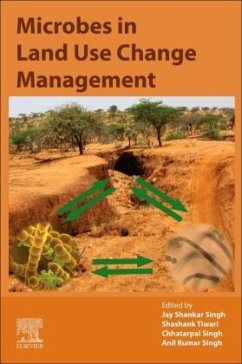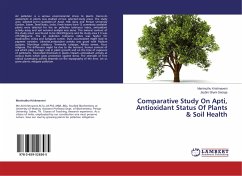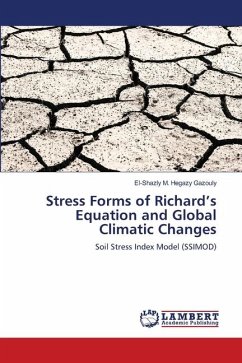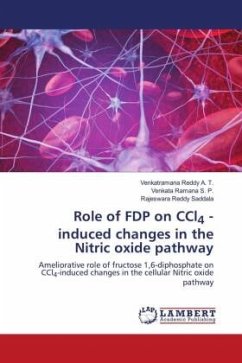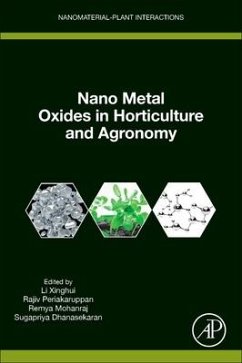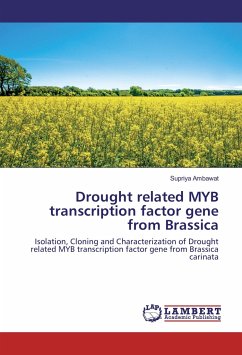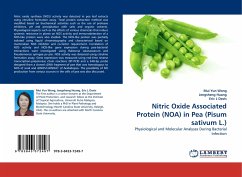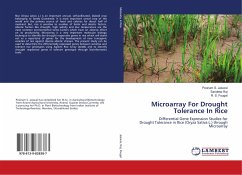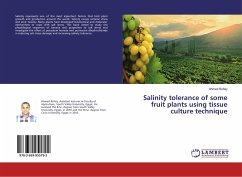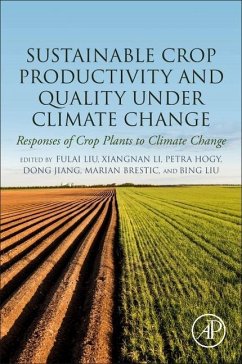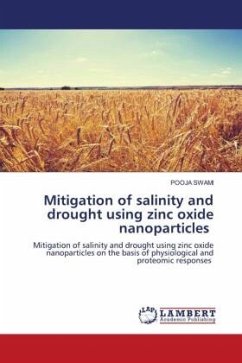
Mitigation of salinity and drought using zinc oxide nanoparticles
Mitigation of salinity and drought using zinc oxide nanoparticles on the basis of physiological and proteomic responses
Versandkostenfrei!
Versandfertig in 6-10 Tagen
53,99 €
inkl. MwSt.

PAYBACK Punkte
27 °P sammeln!
Wheat (Triticum aestivum L.) is one of the world's most extensively grown cereal crops and a staple diet for over 2.5 billion people. Wheat feeds roughly half of the world's population (40%) by supplying 5% of carbohydrates, 21% protein, and 360 kcal of calories. In the world wheat has the biggest acreage of all crops, occupying over 217 million hectares worldwide, with an annual production of around 731 million tones. To satisfy the demands of a growing population, global wheat productivity must be raised. However, wheat productivity is controlled by a variety of factors including planting da...
Wheat (Triticum aestivum L.) is one of the world's most extensively grown cereal crops and a staple diet for over 2.5 billion people. Wheat feeds roughly half of the world's population (40%) by supplying 5% of carbohydrates, 21% protein, and 360 kcal of calories. In the world wheat has the biggest acreage of all crops, occupying over 217 million hectares worldwide, with an annual production of around 731 million tones. To satisfy the demands of a growing population, global wheat productivity must be raised. However, wheat productivity is controlled by a variety of factors including planting date, fertilizer use biotic and abiotic conditions such as temperature, salt, and drought. Salinity and drought together reduce crop yield by 50%. In this regard, new environmentally friendly approaches that do not necessitate large expenditures are required to address the issue of increased productivity and sustainable environmental management of agriculture in stressed conditions. Zinc oxidenanoparticles reduce the effects of abiotic stress such as salt and drought on diverse plant species through activating physiological, biochemical, and molecular pathways.



